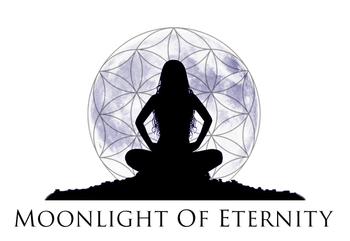What is the purpose of meditation?
The best way to mediate and connect to your true self.
What is the purpose of meditation?
Meditation reveals who we are at the deepest level, so practicing meditation is an art of going back to our true nature. It’s a way to go back to the source of our life. It is learning to balance the mind and freeing yourself of the unconscious chatter that governs your everyday life. It’s a way to refocus on stillness, inner peace, and balance – on the real you that exists just beyond the chatter.
When should you do meditation?
Just like Yoga, meditation requires time, patience, and dedication. You are learning how to use the muscle of your brain to focus on stillness. It starts off with just a few moments or seconds of stillness, moving up to a few minutes, and eventually it will become part of your life, just like breathing. Only in the silence of the mind can there truly be inner peace and balance.
When to start?
Start now. In this moment while you are reading these words. Take a few moments and for one minute try to still your mind. If you cannot do it for one minute, try doing it for just a few seconds and then see how long you can maintain it. Eventually, you may find teachers on YouTube that guide you through your practice or a more focused approach via an app. Headspace and Inner Timer are a great sources to start with.
Where is a best place to meditate?
For beginners, a quiet room. You may lie down on the bed or do it sitting up – it all depends on personal preference. The pose does not have much effect, but comfort is important. Eventually, as you go further into your meditation practice, you will find that meditating in a place of noise and distraction is a great way to level up your practice. The ultimate goal is to be in a state of meditation regardless of where you are and what you are doing.
Why do it?
There is no reason to meditate besides for your inner peace and well being. Meditation may bring a lot of unhealed trauma and emotions up to the surface that you will have to face through focused awareness. It’s a practice. You must want to do it. It must be fun for you to advance your practice through different levels of consciousness. Otherwise, it becomes a chore and you will do everything in your power to avoid it. (“Nah, maybe next time,” “Nah I don’t need it, ““Who cares about meditation?” “That sounds so boring!”… These are the typical excuses of the mind.
However, if you do choose to go down this path, know that every trauma and emotion you work through grants you access to ancient wisdom and knowledge of the universe. There is a catch: you must be willing to burn through emotional pain, sacrifice who you think you are, have the courage to face your past, and have trust and faith that it will pass. That is the end game, the ultimate purpose of mediation.
Read more about how to deal with negative emotions once you start meditating How to Meditate Properly
Love and Light,
Moonlight of Eternity
